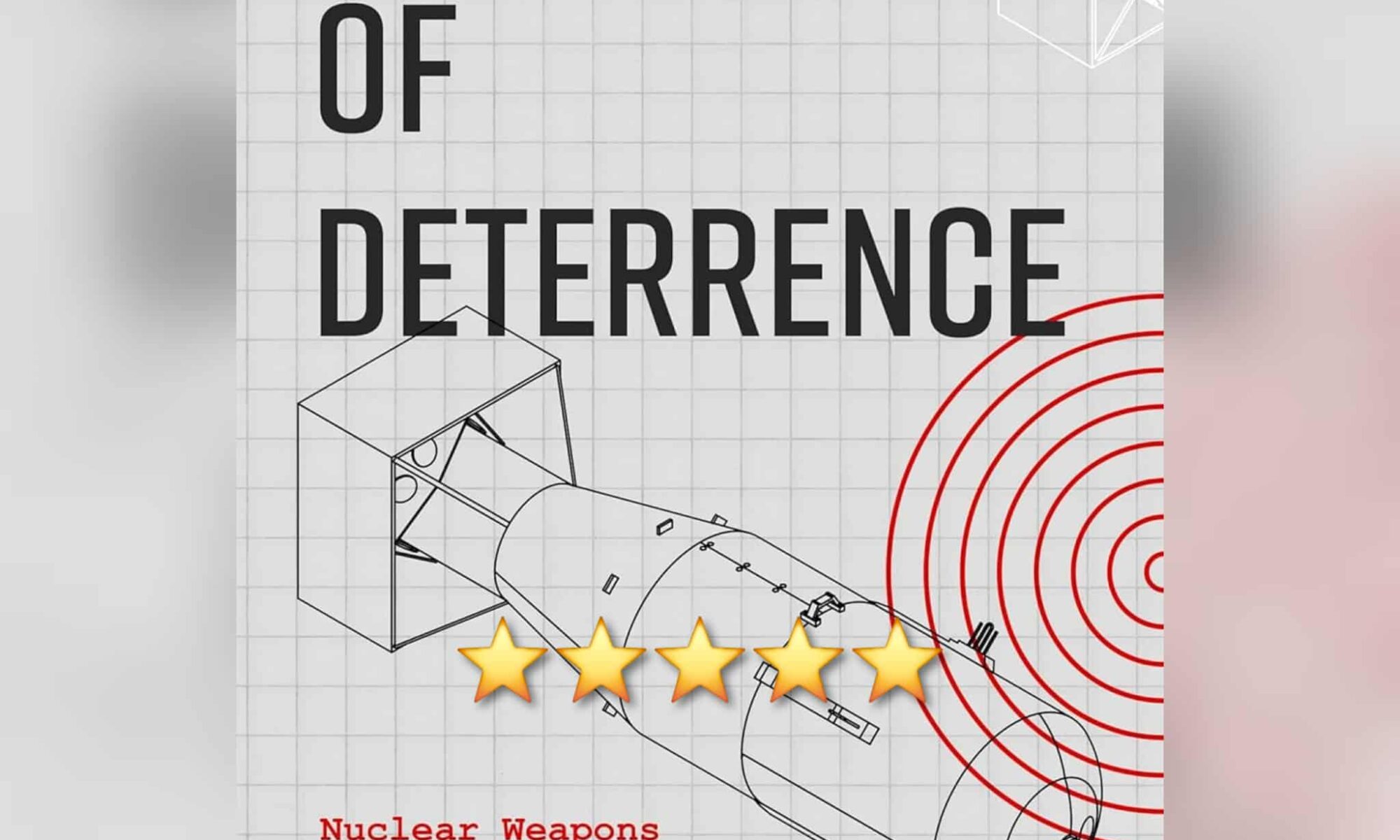Academic Meta-Analysis Of The Fall Of Nuclear Terror As Primary Societal Scare In The United Kingdom. First off, this is both quite short and quite well documented – clocking in at just 175 or so pages and 34% or so documentation in the Advance Review Copy I read weeks before publication. So it absolutely has that going for it, for any reader. 🙂
As to the subject, Gardiner does a remarkable – and remarkably focused – job of taking the reader through the last 70 ish years of British entertainment/ zeitgeist history and showing how while once (during the Cold War and its immediate aftermath) nuclear terror was a driver in the overall consciousness of the British people, of late those concerns have become a background as the populace is more focused on other issues, including immigration and difficulties caused by it.
Gardiner, appearing based on the text here to be a Scotsman and perhaps even a member of the Scottish National Party – whom he refers to favorably in several instances herein and with whom he seems to share a focus on the UK’s Trident nuclear missile program (apparently based primarily in Scotland?) -, clearly doesn’t like the lack of focus on the nuclear threat, seeing it as a looming threat even now that, according to him, eclipses all other concerns even today.
Even with the excellent documentation here, I don’t feel that Gardiner was convincing in his arguments, but that could well be a “me” thing. To me, it seems that he is glossing over quite a few very real concerns in his exacting focus on “the nuclear threat is *THE* primary existential threat we face!!!”.
(To be clear, I am an American from the Southern US whose every traceable-so-far ancestor was in the US for the last 150 or so years, but who largely came from either Great Britain or Ireland before that. (And yes, here I said “Great Britain” quite intentionally – to date, I’ve traced none of them to Scotland itself.) While I am very familiar with US politics, certainly this Millennium, I readily admit to being only extremely vaguely familiar with UK politics. To the level that a UK reader may find much more here to agree or disagree with than I have, and may quite likely find this review to be quite idiotic.)
Overall this is an interesting enough look into an area I hadn’t really considered beforehand, and with its brevity works well for those open to nonfiction who are looking for a rather short, rather quick read. Indeed, I seem to have read this book in barely a couple of hours, as a rough benchmark for what you might expect here.
Very much recommended.
This review of Empire Of Deterrence by Michael Gardiner was originally written on August 28, 2025.

